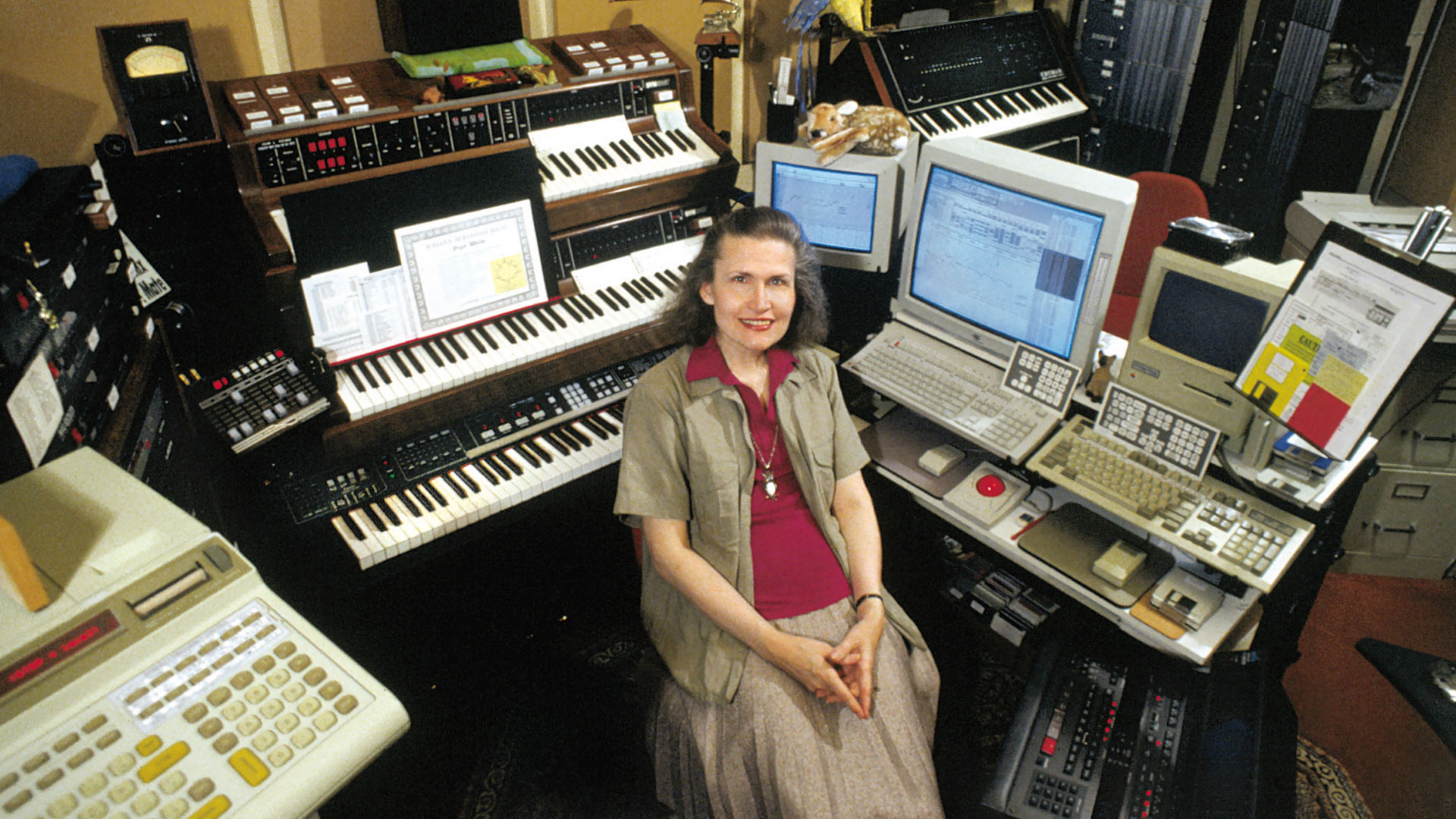MEET THE QUEEN OF ELECTRONIC MUSIC
Posted on March 30, 2018
In 1968, electronic music seeped its way into the mainstream with the studio album Switched-On Bach by Wendy Carlos. The record “Brandenburg Concerto No. 3” became particularly famous and influential because of its ability to incorporate the Moog synthesizer with traditional classical music. The sound that Carlos produced had never been heard before, and immediately, the entertainment industry and the public were hooked. This record went on to win three Grammys, popularizing the Moog synthesizer and creating an enduring appeal for electronic music.
“Switched-On Bach” was Carlos’ first album, and it originally was released under her given birth name: Walter Carlos. In the same year that she released her first studio album she also began transitioning, but she did not come out publicly as a trans women until her 1979 interview with Playboy. At this time, Wendy Carlos was one of the first public figures of her time to reveal that she had gone through the transitioning process.
Wendy Carlos was, and continues to be, an elusive figure, hardly making public appearances. Undergoing gender reconstruction surgery in a milieu when trans individuals were stigmatized, Carlos protected herself and her gender identity by living her life in the shadows. Yet, when Carlos finally came out as a trans woman, she found that the entertainment industry and the public writ large continued to support her, and her career continued to flourish.
Since coming out as trans, Wendy Carlos composed and produced the scores to perseveringly popular films, such as A Clockwork Orange, The Shining, and Tron. You can listen to the widely successful original song by Carlos from A Clockwork Orange called “Timesteps” here.
Wendy Carlos’ success as a composer and producer is a product of her strength, perseverance, and her fearlessness. She continues to inspire trans, LGBTQIA+, and non-binary individuals in the music industry today.
